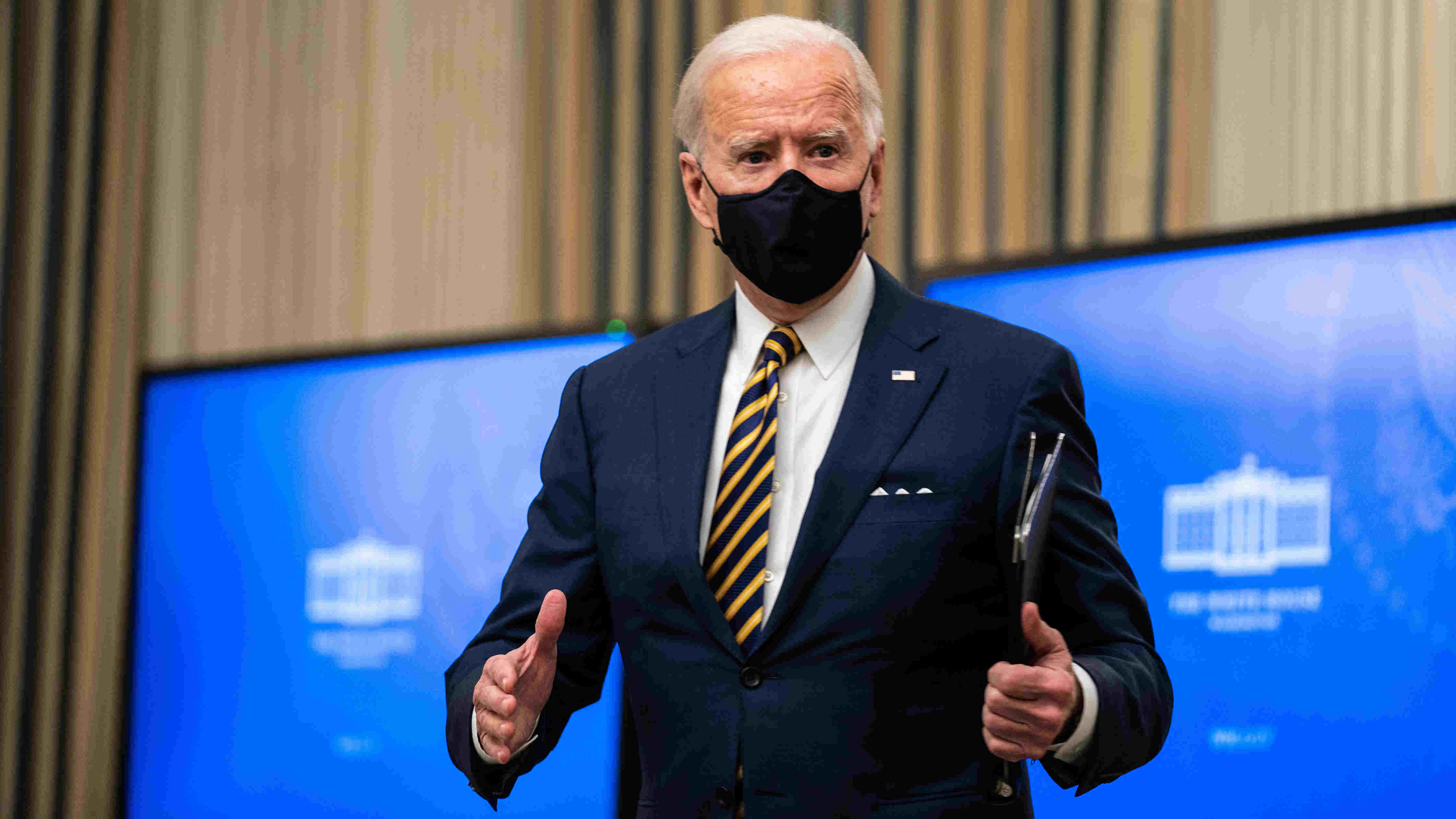Near the peak of the American war in Afghanistan, a former chief of neighbouring Pakistan’s military intelligence — an institution allied both to the US military and to its Taliban adversaries — appeared on a talk show called Joke Night in 2014. He put a bold prediction on the record.
“When history is written,” declared General Hamid Gul, who led the feared spy service known as the ISI during the last stretch of the Cold War in the 1980s, “it will be stated that the ISI defeated the Soviet Union in Afghanistan with the help of America”.
“Then there will be another sentence,” General Gul added after a brief pause, delivering his punchline to loud applause. “The ISI, with the help of America, defeated America.”
In President Biden’s decision to withdraw all American forces from Afghanistan by September, Pakistan’s powerful military establishment finally gets its wish after decades of bloody intrigue: the exit of a disruptive superpower from a backyard where the ISI had established strong influence through a friendly Taliban regime before the US invaded in 2001.
A return of the Taliban to some form of power would dial the clock back to a time when Pakistan’s military played gatekeeper to Afghanistan, perpetually working to block the influence of India.
But the Pakistani military’s sheltering of the Taliban insurgency over the past two decades — doggedly pursuing a narrowly defined geopolitical victory next door — risks another wave of disruption at home. Pakistan is a fragile, nuclear-armed state already reeling from a crashed economy, waves of social unrest, agitation by oppressed minorities and a percolating Islamic militancy of its own that it is struggling to contain.
If Afghanistan descends into chaos, Pakistanis are bound to feel the burden again just as they did after Afghanistan disintegrated in the 1990s following the Soviet withdrawal.
And more: A Taliban return to power, either through a civil war or through a peace deal that gives them a share of power, would embolden the extremist movements in Pakistan that share the same source of ideological mentorship in the thousands of religious seminaries spread across Pakistan.
While Pakistan’s military played a dangerous game of supporting militants abroad and containing extremists at home, the country’s Islamist movements found a rallying cause in the presence of an invading foreign force next door, openly fundraising for and cheering on their Afghan classmates.
New extremist groups kept shrinking the civil society space in Pakistan — often targeting intellectuals and professionals for abuse or attack — and even found sympathisers in the ranks of Pakistan’s security forces.
Pakistani generals have resorted to a mix of force and appeasement in tackling the country’s own growing militancy problem, said Dr Ayesha Siddiqa, a research associate at the School of Oriental and African Studies in London.
But a strategy for countering the spread of extremism has been elusive.
“It scares me, it scares me,” Dr Siddiqa said. “Once the Taliban come back, that should trouble the Pakistani government, or any government. It will be inspiring for all the other groups.”
Said Nazir, a retired brigadier and defence analyst in Islamabad, said Pakistan had “learned some lessons” from the blowback of past support to jihadist groups.
The country would need to tread more cautiously in the endgame of the Afghan war.
“Victory will not be claimed by Pakistan, but tacitly the Taliban will owe it to Pakistan,” Nazir said. “Pakistan does fear the replay of past events and fears a bloody civil war and violence if hasty withdrawal and no political solution occur simultaneously.”
Seth Jones of the Center for Strategic and International Studies in Washington said that although Pakistan’s military and intelligence establishment are “undoubtedly celebrating” the Biden announcement, greater control in Afghanistan is far from assured.
“It will be difficult, if not impossible, for Pakistan to control the Taliban and other militant groups in Afghanistan as the country spirals into a civil war,” he said. “Al Qaida, the Islamic State, and other groups are already operating in Afghanistan. There is no way Pakistan can control this hodgepodge of groups, which have different interests, leaders, and goals.”
From 1947, Pakistan found itself surrounded by enemies.
The new borders drawn up by British officials instantly mired Pakistan in a host of territorial disputes, including a serious one with Afghanistan, which still lays claim to what most of the world sees as Pakistan’s northwestern regions.
It was at the peak of the Cold War in the 1970s, as the Soviet Union pushed to expand its influence in South and Central Asia, that Pakistani leaders found a formula of deploying Islamist proxies they have stuck to ever since.
New York Times News Service










